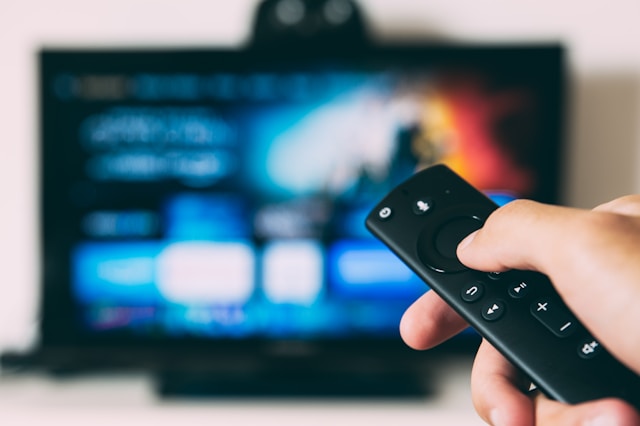- Change theme
Understanding IPTV: The Future of Television Streaming

In the modern digital era, traditional cable and satellite television services are being replaced by more flexible and cost-effective solutions.
09:56 28 March 2025
Introduction
In the modern digital era, traditional cable and satellite television services are being replaced by more flexible and cost-effective solutions. One such technology is IPTV (Internet Protocol Television), which allows users to stream television content via the internet instead of traditional broadcast methods. This article explores what IP TV is, how it works, its advantages, and potential challenges.
What is IPTV?
IPTV stands for Internet Protocol Television, a system where television services are delivered using the internet instead of traditional satellite or cable networks. This allows users to watch live TV, on-demand videos, and recorded programs via an internet connection.
How Does IPTV Work?
IPTV operates through a simple process:
- Content Acquisition: TV channels, movies, and shows are sourced and converted into digital format.
- Content Delivery: The content is transmitted over an IP-based network instead of cable or satellite signals.
- User Access: Users can access IPTV services through smart TVs, mobile devices, computers, and set-top boxes.
Types of IPTV Services
IPTV offers three primary types of services:
- Live TV Streaming: Watch television channels in real-time, similar to traditional cable TV.
- Video-On-Demand (VOD): Choose and watch movies or TV shows anytime.
- Time-Shifted TV (Catch-up TV): Replay previously aired content at your convenience.
Benefits of IPTV
- Flexibility: Watch content anytime and anywhere with an internet connection.
- Variety of Content: Access to international channels and a vast collection of on-demand movies.
- Cost-Effective: More affordable compared to traditional cable or satellite TV.
- Better Viewing Experience: High-quality streaming with options for HD, 4K, and even 8K resolution.
Challenges of IPTV
- Internet Dependency: Requires a stable and high-speed internet connection.
- Legal Issues: Some IPTV providers may offer unauthorized content, leading to copyright concerns.
- Buffering and Latency: Low-speed connections can cause interruptions in streaming.
Conclusion
IPTV is revolutionizing the way we consume television content, providing an affordable and flexible alternative to traditional TV services. As internet technology continues to advance, IPTV is expected to become even more popular, offering better quality and greater convenience for viewers worldwide.
